
In baseball, a perfect game is a game in which one or more pitchers complete a minimum of nine innings with no batter from the opposing team reaching base. To achieve a perfect game, a team must not allow any opposing player to reach base by any means: no hits, walks, hit batsmen, uncaught third strikes, catcher's interference, fielder's obstruction, or fielding errors which allow a batter to reach base.
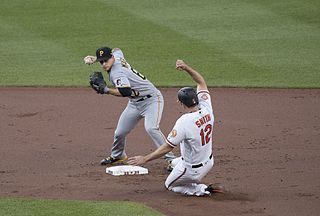
In baseball and softball, a double play is the act of making two outs during the same continuous play. Double plays can occur any time there is at least one baserunner and fewer than two outs.

In baseball and softball statistics, an error is an act, in the judgment of the official scorer, of a fielder misplaying a ball in a manner that allows a batter or baserunner to advance one or more bases or allows a plate appearance to continue after the batter should have been put out. The term error is sometimes used to refer to the play during which an error was committed.

In baseball, a no-hitter or no-hit game is a game in which a team does not record a hit through conventional methods. Major League Baseball (MLB) officially defines a no-hitter as a completed game in which a team that batted in at least nine complete innings recorded no hits. A pitcher who prevents the opposing team from achieving a hit is thereby said to have "thrown a no-hitter". In most cases, no-hitters are recorded by a single pitcher who throws a complete game; one thrown by two or more pitchers is a combined no-hitter.

In the game of baseball, the official scorer is a person appointed by the league to record the events on the field, and to send the official scoring record of the game back to the league offices. In addition to recording the events on the field such as the outcome of each plate appearance and the circumstances of any baserunner's advance around the bases, the official scorer is also charged with making judgment calls that do not affect the progress or outcome of the game. Judgment calls are primarily made about errors, unearned runs, fielder's choice, the value of hits in certain situations, and wild pitches, all of which are included in the record compiled. This record is used to compile statistics for each player and team. A box score is a summary of the official scorer's game record.

John Lee Richmond was an American pitcher in Major League Baseball. He played for the Boston Red Stockings, Worcester Worcesters, Providence Grays, and Cincinnati Red Stockings, and is best known for pitching the first perfect game in Major League history. After retiring from baseball, he became a teacher.
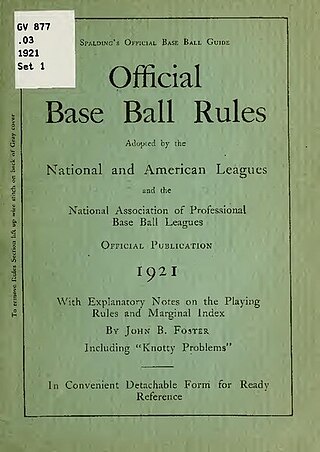
Throughout the history of baseball, the rules have frequently changed as the game continues to evolve. A few common rules most professional leagues have in common is that four balls is a base on balls, three strikes is a strikeout, and three outs end a half-inning.

Baseball scorekeeping is the practice of recording the details of a baseball game as it unfolds. Professional baseball leagues hire official scorers to keep an official record of each game, but many fans keep score as well for their own enjoyment. Scorekeeping is usually done on a printed scorecard and, while official scorers must adhere precisely to one of the few different scorekeeping notations, most fans exercise some amount of creativity and adopt their own symbols and styles.

On September 9, 1965, Sandy Koufax of the Los Angeles Dodgers pitched a perfect game in the National League against the Chicago Cubs at Dodger Stadium.

On July 23, 2009, Mark Buehrle of the Chicago White Sox pitched a perfect game against the Tampa Bay Rays. The game took place at US Cellular Field in Chicago in front of 28,036 fans, and occurred from 1:07 PM CT to 3:10 PM CT.
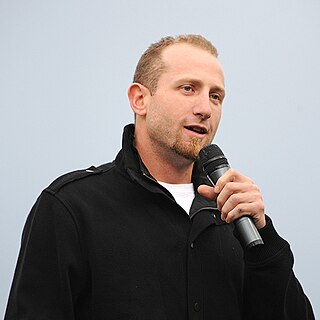
On May 9, 2010, Dallas Braden of the Oakland Athletics threw a perfect game against the Tampa Bay Rays at Oakland–Alameda County Coliseum. It was the 19th perfect game in Major League Baseball history. Braden threw 109 pitches, struck out 6 of the 27 batters he faced, and had a game score of 93.
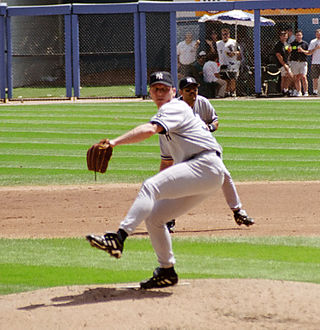
On July 18, 1999, David Cone of the New York Yankees pitched the 16th perfect game in Major League Baseball (MLB) history and the third in team history, and the first no-hit game in regular season interleague play. Cone pitched it against the Montreal Expos at Yankee Stadium in The Bronx, with 41,930 fans in attendance. The game took 2 hours and 16 minutes, from 2:05 PM ET to 4:54 PM ET. The game was interrupted by a 33-minute rain delay in the bottom of the third inning in the middle of an at-bat for Tino Martinez. As part of the day's "Yogi Berra Day" festivities honoring the Yankees' former catcher, before the game, former Yankees pitcher Don Larsen threw the ceremonial first pitch to Berra; the two comprised the battery for Larsen's perfect game in 1956.

On June 17, 1880, John Montgomery Ward of the Providence Grays threw a perfect game against the Buffalo Bisons at Messer Street Grounds. It was the second perfect game in Major League Baseball history, which at the time only consisted of the National League (NL). Ward's perfect game occurred just five days after Lee Richmond's perfect game.
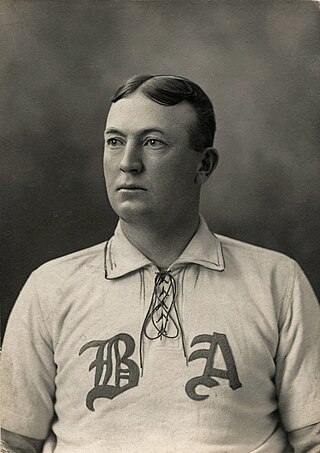
Cy Young, pitcher for the Boston Americans, pitched a perfect game against the Philadelphia Athletics by retiring all 27 batters he faced on May 5, 1904. This event took place in the Huntington Avenue Grounds in Boston, Massachusetts, in front of 10,267 fans.

On September 30, 1984, Mike Witt of the California Angels threw a perfect game against the Texas Rangers at Arlington Stadium. It was the 11th perfect game in Major League Baseball (MLB) history. Witt threw 94 pitches, struck out 10 of the 27 batters he faced, and had a game score of 97.

On September 16, 1988, Tom Browning of the Cincinnati Reds pitched the 12th perfect game in Major League Baseball (MLB) history, blanking the Los Angeles Dodgers 1–0 at Riverfront Stadium. Browning became the first left-handed pitcher to pitch a perfect game since Sandy Koufax's perfect game in 1965. As of 2024, this perfect game is also the only one in Major League history to be pitched on artificial turf.
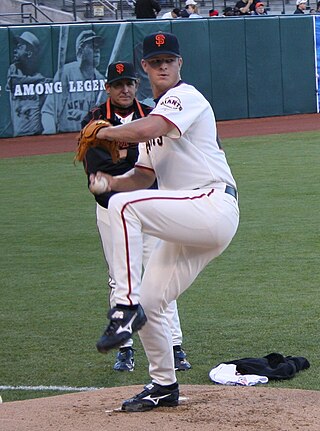
On June 13, 2012, Matt Cain of the San Francisco Giants pitched the 22nd perfect game in Major League Baseball (MLB) history and the first in Giants' franchise history. Prior to the game, Cain and professional golfer Dustin Johnson hit golf balls from home plate into McCovey Cove. Pitching against the Houston Astros at AT&T Park in San Francisco, California, Cain retired all 27 batters that he faced and tallied 14 strikeouts, tied for the most strikeouts in a perfect game with Sandy Koufax of the Los Angeles Dodgers in 1965. Following Philip Humber's perfect game earlier in 2012, Cain's performance marked just the third season in MLB history in which multiple perfect games were thrown. In June 1880, Lee Richmond and John Montgomery Ward both threw perfect games; in May 2010 Dallas Braden and Roy Halladay both accomplished the feat.



















